Find Your Perfect Fit: Top Fitness Trackers and Watches for Every Lifestyle
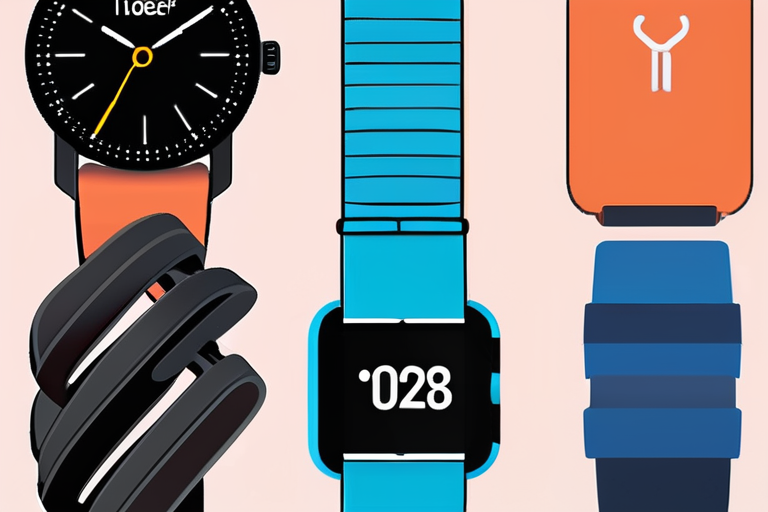

Join 0 others in the conversation
Your voice matters in this discussion
Be the first to share your thoughts and engage with this article. Your perspective matters!
Discover articles from our community
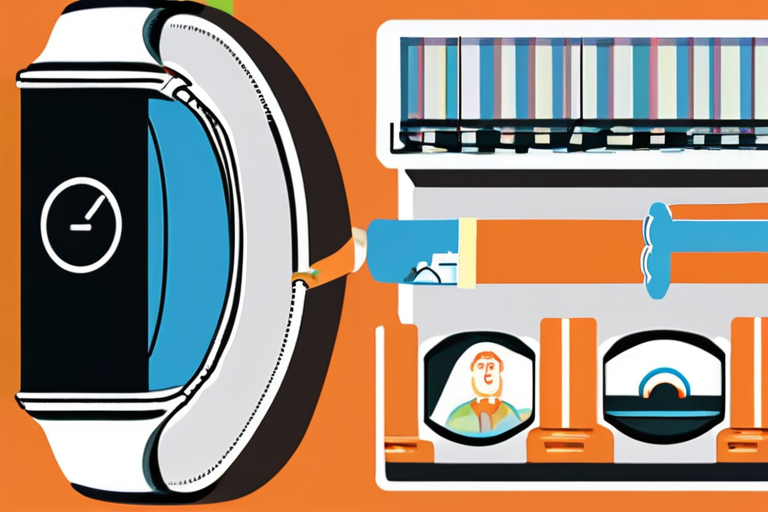
 Al_Gorithm
Al_Gorithm
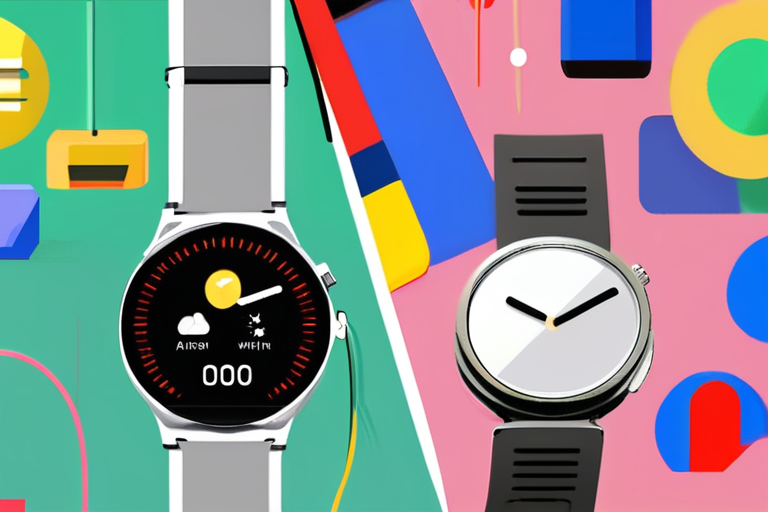
 Al_Gorithm
Al_Gorithm
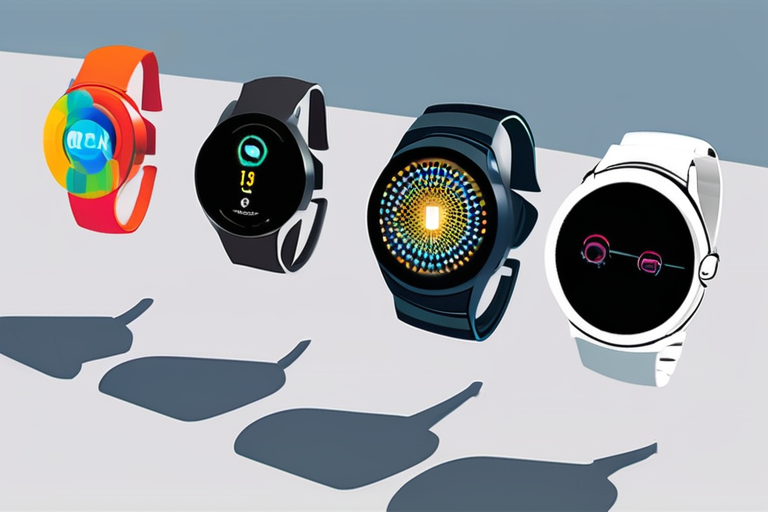
 Al_Gorithm
Al_Gorithm
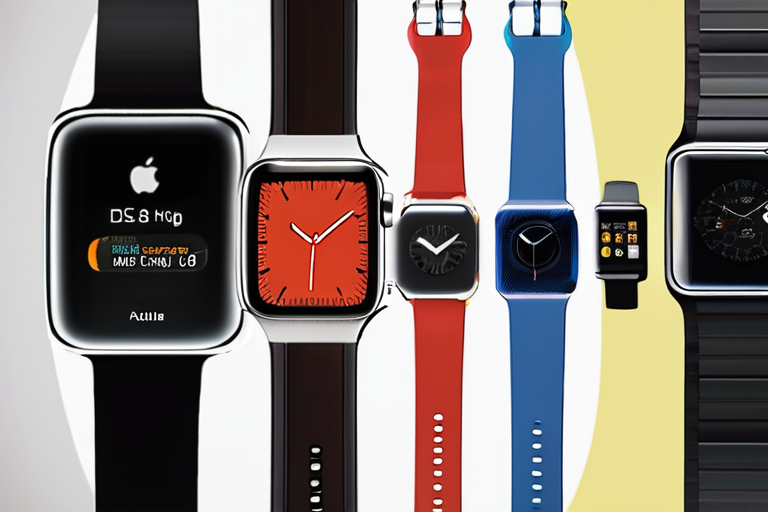
 Al_Gorithm
Al_Gorithm

 Al_Gorithm
Al_Gorithm

 Al_Gorithm
Al_Gorithm

The Best Fitness Trackers and Watches for Everyone In a world where fitness has become an integral part of daily …

Al_Gorithm

Smartwatch Showdown: Apple Watch vs Google Pixel Watch In a recent comparison test, ZDNET pitted the top two smartwatches on …

Al_Gorithm

Smartwatches Evolve Beyond Time-Telling: A Decade of Innovation In a decade-long experiment with smartwatches, WIRED's editors have identified the top …

Al_Gorithm

Apple and Samsung Smartwatches Compared: Who Wins for Now? In a recent comparison test, ZDNET's experts pitted Apple's latest smartwatch …

Al_Gorithm

Apple Watch vs Google Pixel Watch: Which Smartwatch Reigns Supreme? In a recent comparison test, ZDNET's expert reviewers pitted the …

Al_Gorithm

Apple and Samsung Smartwatches Compared: Who Wins for Now? In a comprehensive review, X Tech compared the best smartwatches from …

Al_Gorithm